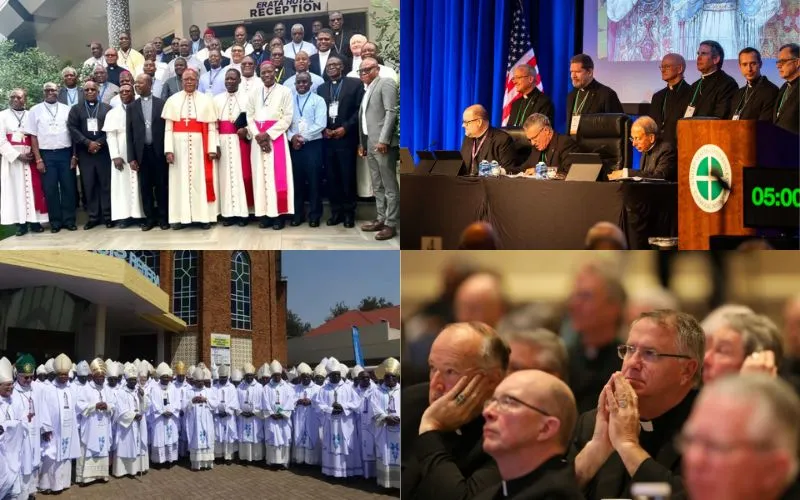According to the charity foundation that reaches out to the people of God in difficult places, the Church in Mauritania is one of the few credible institutions that migrants, Christians and Muslims alike, can turn to.
The Accueil-Écoute centre of St Joseph’s parish in Nouakchott, ACN says, is “an indispensable support for many people in very vulnerable situations.”
The centre offers assistance to migrants who often have no other means of help, notably isolated women, families in difficulty and sick children.
Led by Sr. Marie-Ange Ndayishimiye, Accueil-Écoute operates with a limited but devoted team: two religious and a lay person who welcome, listen, accompany and help the migrants irrespective of faith or origin.
The centre offers support which is adapted to the needs of each person: food parcels, medical help, timely rent payments, career guidance, or support with administrative processes.
Accueil-Écoute has long-term projects which it runs alongside emergency relief. They include women’s literacy, distribution of milk for children and helping bereaved families. Several projects support the reintegration of repatriated people by helping them to launch a business.
According to Franck Paulin, who heads ACN’s projects in North and West Africa, the Catholic Church in Mauritania is itself made up exclusively of foreigners, both the clergy and laity, who have come to the country for a variety of reasons.
This situation makes the Church in the country even more sensitive to the needs of migrants, whether they be moral, religious or material, ACN says, and adds, “but is also very open and attentive to the country’s poor.”
In an attempt to describe the dire situation of migration in Mauritania, Paulin says, “Each month, bodies are found on the beach. People who have tried to reach Las Palmas, in the Canary Islands, to get into Europe. They are victims of the coercive measures taken by the international community against the movement of migrants and the pressure of those around them to make every effort to become rich abroad and so become a support for the family.”
Highlighting the importance of the role of the Catholic Church through the activities of the Accueil-Écoute centre, Paulin says, “It’s a harbour where everyone is welcomed in the name of Christ through caring and loving gestures in a context of systematic misery. The centre is also seeking to empower migrants to return to their country, in time, with their heads held high.”





